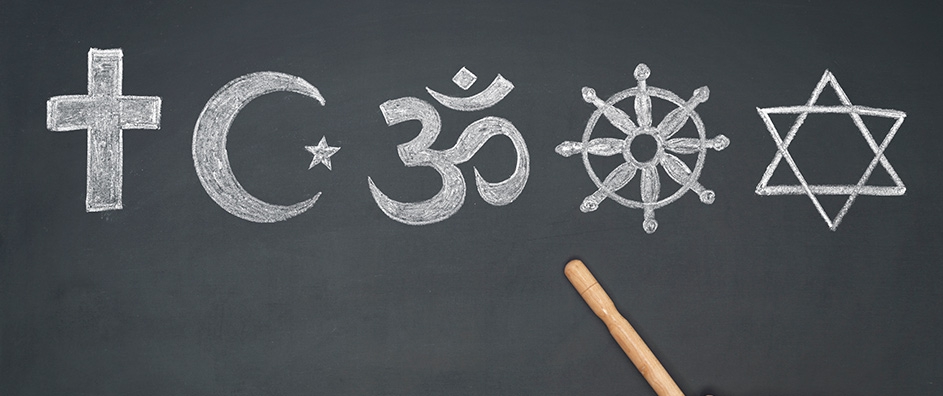The views expressed in our content reflect individual perspectives and do not represent the authoritative views of the Baha'i Faith.
Baha’u’llah explains God’s motive in sending humanity His messengers, manifestations and prophets:
The purpose of the one true God in manifesting Himself is to summon all mankind to truthfulness and sincerity, to piety and trustworthiness, to resignation and submissiveness to the Will of God, to forbearance and kindliness, to uprightness and wisdom. His object is to array every man with the mantle of a saintly character, and to adorn him with the ornament of holy and goodly deeds. – Gleanings from the Writings of Baha’u’llah, p. 299.
In a passage of one of His writings Baha’u’llah refers to God as the “All-Knowing Physician.” He also uses the metaphor of the divine physician in reference to the prophets, whose task is to spiritually heal an afflicted humanity. The prophets have unique knowledge and expertise, the Baha’i writings say, and their spiritual remedy must be allowed to have their healing effect if the well-being of the whole human race is to be achieved.
According to the Baha’i teachings, the prophets invariably appear at a time and place when the true spirit of religion has reached its lowest ebb. One of the signs of their divine power is their ability to transform a people who have lost the true meaning of faith and are clinging to outworn or misbegotten beliefs and practices. For example, Moses appeared to a people in bondage whose religious practice was little more than idol-worshipping polytheism and whose moral and social life was decadent. That same people built a great nation upon the foundation of God’s law as revealed through Moses. In a later age Christ appeared to that same people, who by then were once again suffering under the yoke of the oppressor. What is more, Christ criticized the religious leaders of the time for their superficial understanding of the Torah. His message eventually reached far beyond the confines of the Jewish world and became the underpinning for still further changes in humanity’s social and spiritual evolution.
In the Western world there is often a tendency to think of Muhammad as a fanatical warmonger. Most people in Europe and the United States do not think of him as Christ-like at all. We must realize that he has been the victim of centuries of misunderstanding. In fact, the prophet is rightly considered by his followers to be the very embodiment of wisdom, justice, and righteousness. His character was blameless and his personality profoundly spiritual and attractive. Muhammad announced his prophetic mission to the peoples of Arabia at a time when that peninsula was the domain of savage and warlike tribes. Steeped in ignorance and superstition, they had languished at the periphery of history for many centuries. Then, in the course of a single generation, Muhammad’s teachings succeeded in uniting these feuding clans through the power of the word of God as revealed in the Qur’an. As a result, the warlike tribes became another people, with a new social and spiritual ethic. The new religion spread through the Middle East to parts of Africa, Europe, and Asia. The Qur’an itself speaks to more than just issues of theology. It addresses issues of personal conduct as well as social issues, emphasizing justice and care for the poor and the oppressed. At its height the civilization that resulted was the envy of the world. Islamic advances in philosophy, science, literature, and government, making their way to Europe by way of returning Crusaders and through Moorish Spain, formed the foundation of the Western Renaissance. Just as most Westerners refrain from judging Christ by the actions of His more fanatical followers, we should not allow the actions of modern-day Islamic fanatics to cloud our judgment of Muhammad and the Qur’an.
















Comments
Sign in or create an account
Continue with Googleor